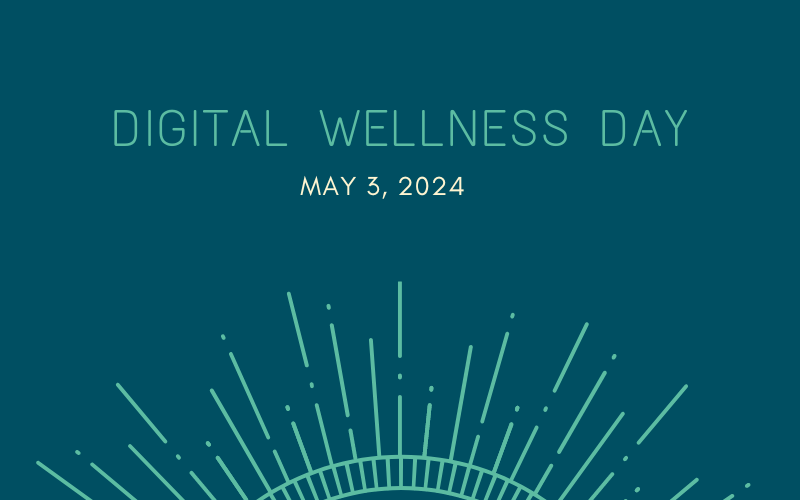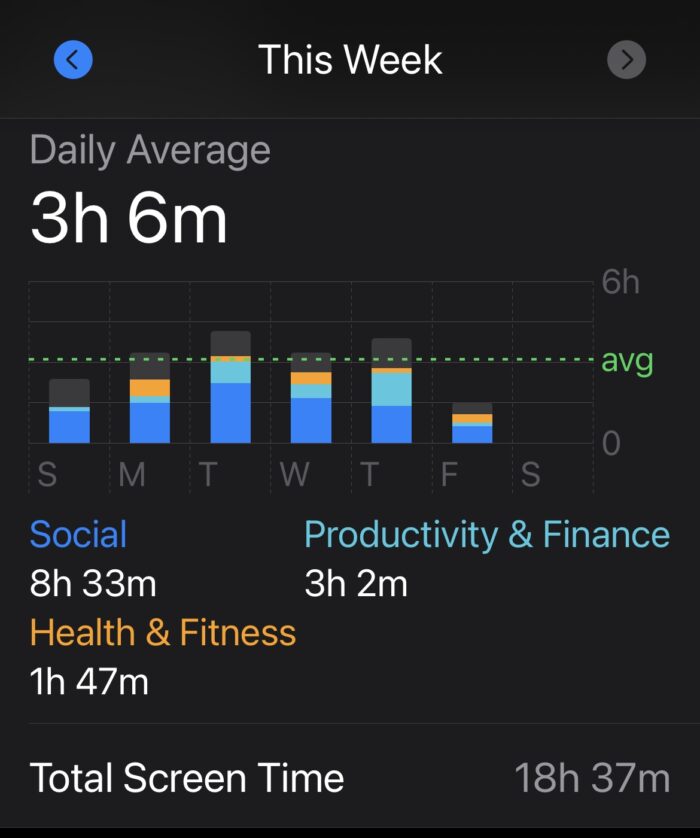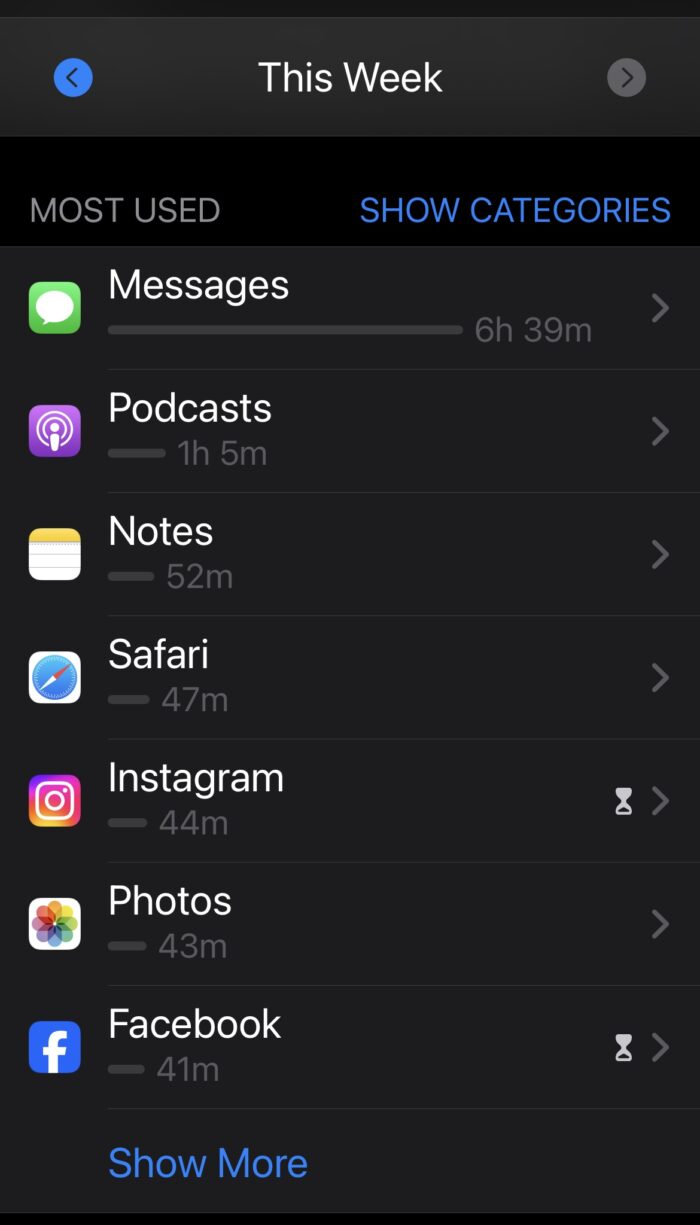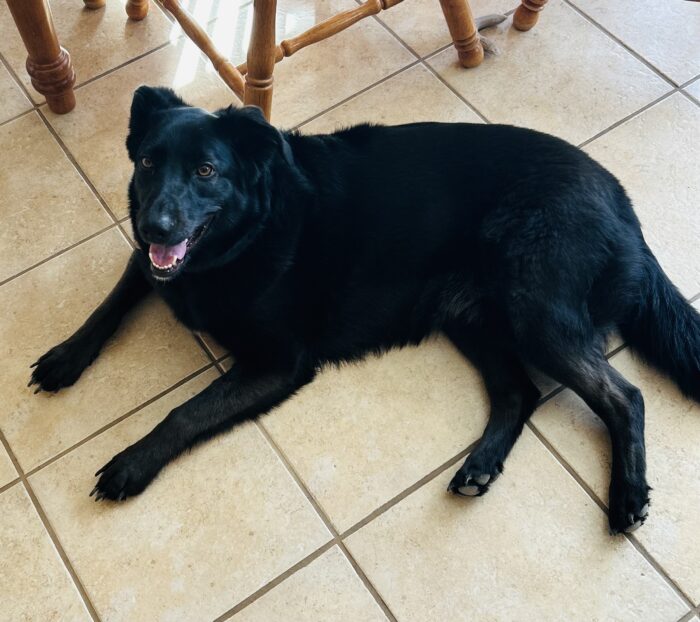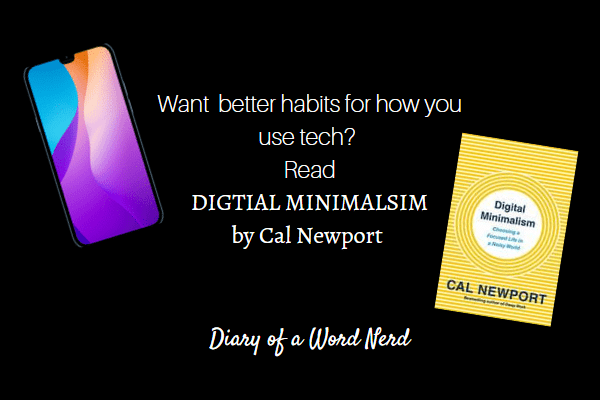My husband recently referred to me as the “comptroller” of the next big family event: college graduation for child #2. I chuckled and thanked him for acknowledging my responsibility (read: stress) around the situation. Then, Word Nerd that I am, I looked up comptroller, an appropriate descriptor for me as I do like to control things. But I wondered, why the “mp” instead of “n”?
According to Investopedia.com, “a comptroller is a high-level executive that oversees the accounting tasks and financial reporting procedures of organizations. The comptroller oversees all accounting including accounts receivable, payroll, and loan transactions.”
I am definitely chief accountant and financial organizer for our family. I pay the bills, check the balances, send the students their loans. But I also do much, much more.
Like, I know where the sunblock is (kitchen bathroom), and how much dog food is left in Scout’s container under the laundry room sink, and that Alex doesn’t like raisins, Rosie doesn’t eat gluten, Josh doesn’t enjoy Thai, and Eli hates tomatoes. And I make cooking accommodations as appropriate.
The trouble is, most people don’t notice this important intelligence, don’t realize the coordinating that goes on in the mind of a mother. Moms work under a cloak of invisibility to keep lives running smoothly and people living happily. It’s a fulfilling job, especially on the rare occasions when I am gathered with one or more of my family members enjoying a board game, a hike, or a thoughtful conversation. However, it is physically and emotionally exhausting.
Kelly Corrigan, on her podcast, recently devoted an essay to the hard work of mothers. In it, she suggested that instead of using intense adjectives, such as “breathtaking” and “heartbreaking” to describe sports, (at this particular season, golf), we should use them to describe mothers. I approve.
Yet, I don’t really want or need glowing adjectives. As Mother’s Day 2024 approaches, I’m asking my family, and society as a whole, for two simple things. First, acknowledgement and appreciation for all of that behind the scenes orchestrating I do to promote love and good health in our family and therefore, by extension, in the world. And second, a nap. Or at least time spent reclined on the couch reading a good book.
Wait, I lied, I want three things. Add to my list freedom from planning, preparing, or cleaning up ANY MEALs on Sunday, May 12.
I’m hopeful my desires will be met. The college kids say they will roll in this weekend. The oldest will call. That number four, though, I’m not sure. He’s 17 and reserved.
I would also like to give something to all of the mothers out there, particularly the ones younger than me. Two decades into this mothering gig, I want to save other moms precious time and energy. So please remember this statement: “No is a complete sentence.”
The Word Nerd is taking grammatical liberty here to make a point.
I do so, at the beginning of May, because, it is a truth universally acknowledged that May is worse than December for your daily planner. If you have kids at or below the age of 18, this month of the year is cluttered with teacher appreciation events, awards assemblies, field trips, field days, and end of year parties. There are gifts to buy, sunscreen and hats to pack, and, oh yes, food to prepare. Cupcakes, fruit dip, and brownies. Special kudos and sympathy if you have a senior graduating, because then we can add announcements, more parties, and a cap and gown to the to do list. And what if you are a mother AND a teacher!? I’m at a loss.
Mothers, I see you. I know it’s hard. So be easy on yourself.
I’m all about pitching in and showing appreciation to the hard-working people who educate our children. I’m not endorsing hiding on your bed for the month of May, but I do suggest finding boundaries. You don’t have to send food in to EVERY SINGLE classroom event plus volunteer for field day. Most importantly, don’t feel guilty about the things you can’t or choose not to do. Despite the myth culture spins at us, we cannot do everything. Something will give, most likely, you. If you are screaming to get your children loaded in the car to get to the awards ceremony because your calendar is too full and your energy too low, something has to change.
We do our best mothering when we are rested, fed, and appreciated.
Moms, take a break. Families, take heed of my message. Everyone, Happy Mother’s Day!
Thanks for getting nerdy with me!







